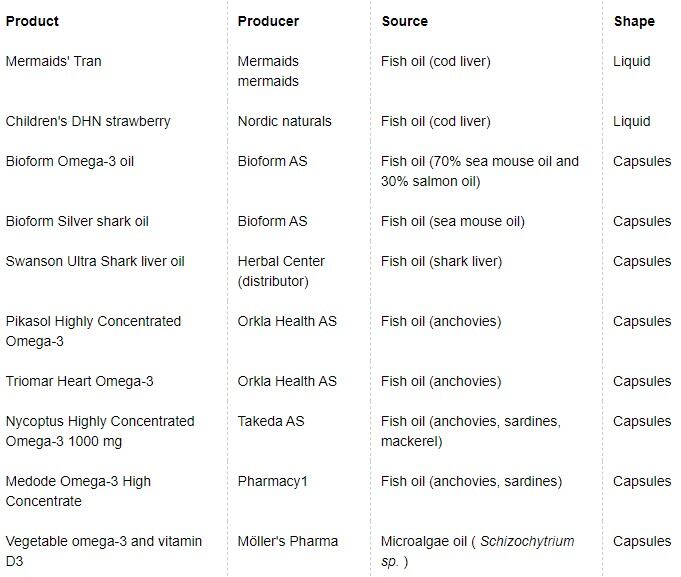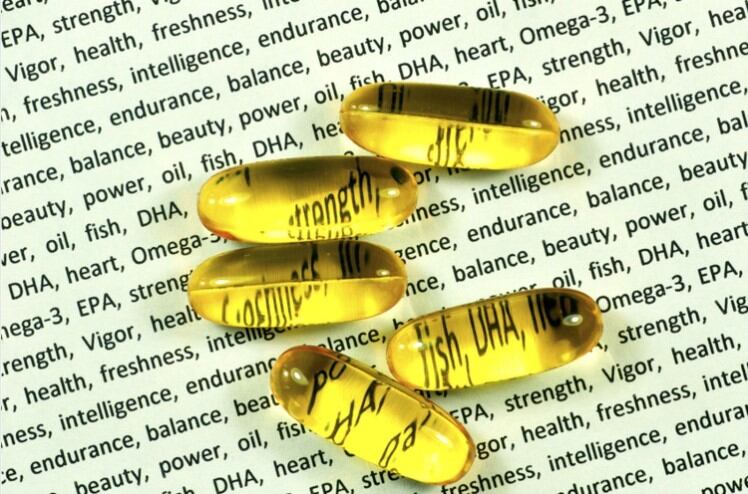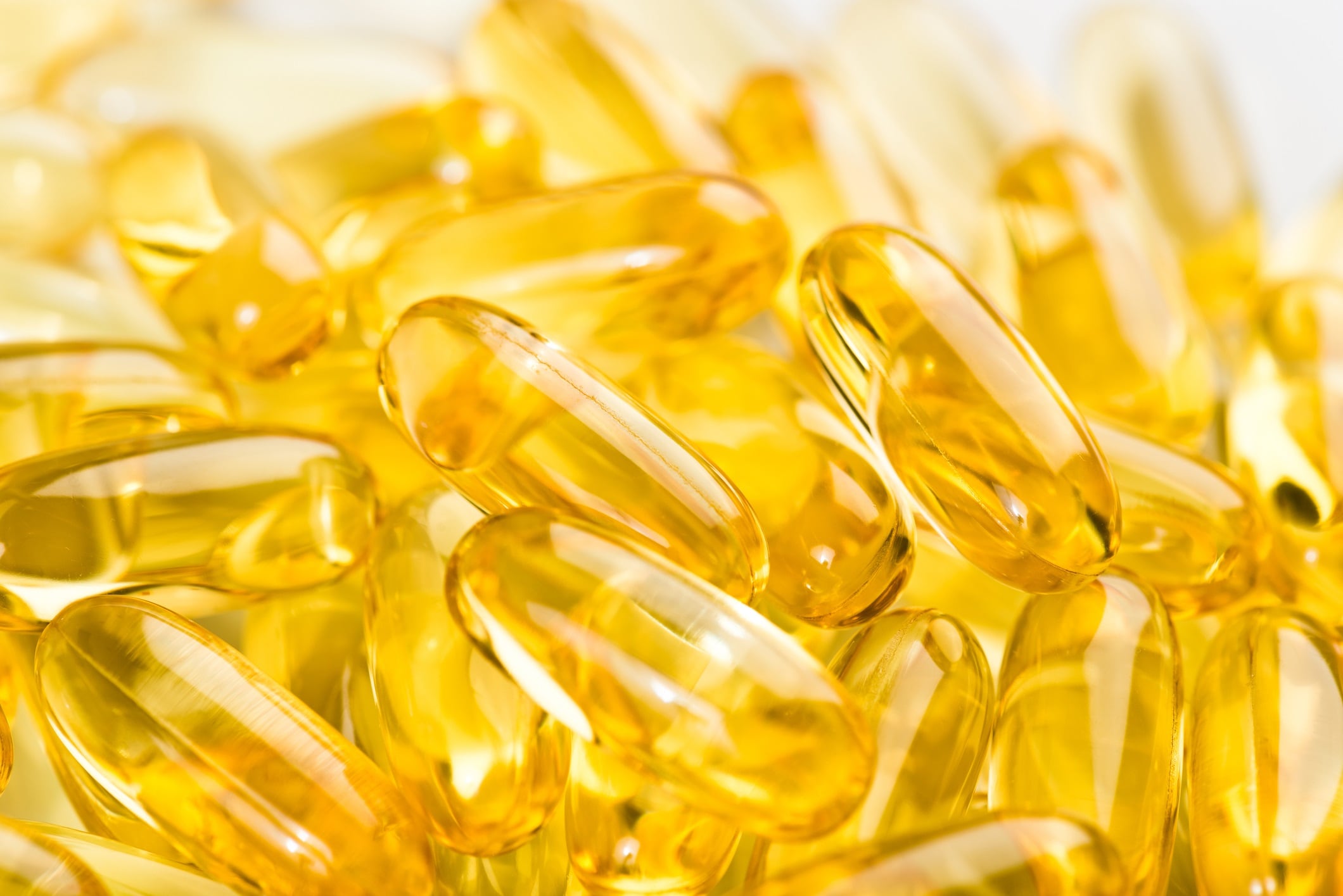Commissioned by the Norwegian Food Safety Authority, the examination of nine fish oils and one microalgae oil identified Bioform’s Omega-3 oil as breaching the country’s limits of these organic pollutants.
“Most oils had low levels of environmental toxins, but we found one oil of sea mice and salmon that was above Norway's limit value for dioxins and dioxin-like PCBs, says Bente Nilsen, Researcher at the Institute of Marine Research, which carried out the investigation.
“The exceedance in one oil of sea mice and salmon was reported to the Norwegian Food Safety Authority as soon as it was discovered.
“We have also previously found exceedances in sea mouse oils that have been investigated in this monitoring program,” she adds.
Sea mouse & salmon
Bioform, a Norway-based supplier of dietary supplements also sell a range of marine-based oils that include Antarctic krill, salmon, and shark oil capsules. The firm did not respond to requests for comment.
The Norwegian Food Safety Authority has since notified Bioform of its findings. Its omega-3 oil, consisting of 70% sea mouse oil and 30% salmon oil, has been withdrawn from the market.
Other findings from the investigation found another oil, ‘Method Omega-3 Highly concentrated,’ as containing excess levels of harmful process-induced substances.
Here, the team found glycidyl ester concentrations 12 times higher than the values permitted for marine oils.
“This oil was not illegal to sell when it was purchased in November 2020, but the level of glycidyl esters was above a new limit value that was introduced this year,” Nilsen explains.
The Institute of Marine Research, which carried out the tests, informed The Norwegian Food Safety Authority, which then made the product’s producers aware of the finding.

3-MCPD & 3-MCPD-E levels
The levels varied greatly between the other oils, but none had levels of total 3-monochloropropane diol (3-MCPD) and related 3-MCPD esters above the limit value introduced in the EU from 1 January 2021 and in Norway from March 2021.
Whilst not environmental toxins, these process-induced compounds form during oil refining and have previously been implicated in toxic effects on the kidneys and testicles
In a risk assessment published in 2016, EFSA concluded that exposure to 3-MCPD, 3-MCPD-esters and glycidyl esters from food were a potential health risk for children under 10 years of age.
The investigation carried out between 1 January to 31 December 2020, also found low concentrations of heavy metals mercury, cadmium and lead in the oils examined with none having levels above current limit values.
A summary of the investigation ‘Environmental toxins in fish 2020 - marine oils,’ can be found here.



